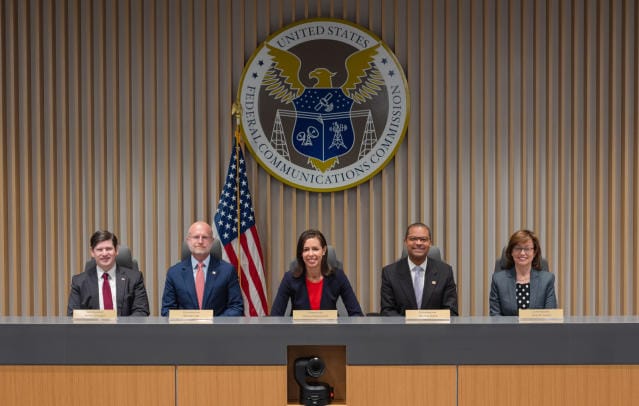Restoring Net Neutrality: A Legal Battle in Progress

In April, the Federal Communications Commission (FCC) voted to restore net neutrality protections, which proponents hailed as a crucial step toward ensuring an open and fair internet. However, the journey to reestablish these protections has encountered significant hurdles. This article delves into the legal challenges and implications surrounding the FCC's decision, highlighting the recent developments and the ongoing battle in the courts.
The FCC's Decision and Its Immediate Aftermath
The FCC's decision to restore net neutrality protections was supported by its three Democratic commissioners. Under these rules classify broadband services as essential communications resources, granting the FCC the authority to regulate the industry. This regulation aims to prohibit internet service providers (ISPs) from engaging in paid prioritization, which involves charging extra fees to bandwidth-heavy companies like Netflix, and blocking or throttling traffic to specific websites.
However, the decision faced immediate opposition from a group of cable, telecom, and mobile internet providers. These providers quickly filed a lawsuit against the FCC, challenging the reinstatement of net neutrality rules. They argued that the new regulations would deter investors and impose prohibitive compliance costs, potentially forcing them to abandon valuable new services and incur higher capital costs.
The Sixth Circuit Court's Temporary Block
The legal battle intensified when the Sixth Circuit US Court of Appeals temporarily blocked the net neutrality rules from taking effect. The court's decision was based on the likelihood that the broadband providers' legal challenge would succeed. The court stated that the FCC had not met the high bar required to impose such regulations and suggested that net neutrality might be a major issue requiring clear congressional authorization.
This temporary block means that the reinstatement of net neutrality rules, originally set to take effect on July 22, will be delayed. The court has scheduled oral arguments for late October or early November, coinciding with the 2024 US presidential election. Until then, proponents of net neutrality will have to wait to see whether the rules will ultimately be restored.
Historical Context and the Political Landscape
Net neutrality has been a contentious issue for years. The FCC initially approved net neutrality rules in 2015, following extensive debates and public input. These rules classified broadband internet services under Title II of the Communications Act, giving the FCC greater regulatory authority over ISPs. However, during the Trump administration, the FCC voted to roll back these rules and reclassify broadband services under Title I, significantly reducing the agency's oversight.
The recent decision to restore net neutrality marks a reversal of the Trump-era policy. This move has reignited the debate over the role of government regulation in the Internet industry and the potential impact on innovation and investment.
Implications and Future Prospects
The ongoing legal battle over net neutrality has significant implications for consumers, ISPs, and the broader internet ecosystem. For consumers, net neutrality protections are seen as essential for maintaining an open and equitable internet, free from discriminatory practices by ISPs. For ISPs, the rules represent potential regulatory burdens and increased costs.
The outcome of the court case will also have broader political implications. With the 2024 presidential election approaching, the issue of net neutrality could become a focal point in the political discourse. The decision of the Sixth Circuit Court of Appeals will be closely watched by both supporters and opponents of net neutrality, as it will determine the regulatory framework for the internet in the coming years.
The FCC's attempt to restore net neutrality protections has encountered significant legal challenges, with the Sixth Circuit US Court of Appeals temporarily blocking the rules from taking effect. As the legal battle unfolds, the future of net neutrality remains uncertain. The upcoming court hearings and the broader political landscape will play a crucial role in shaping the outcome of this pivotal issue. For now, proponents of net neutrality must await further developments in the courts and the political arena.
